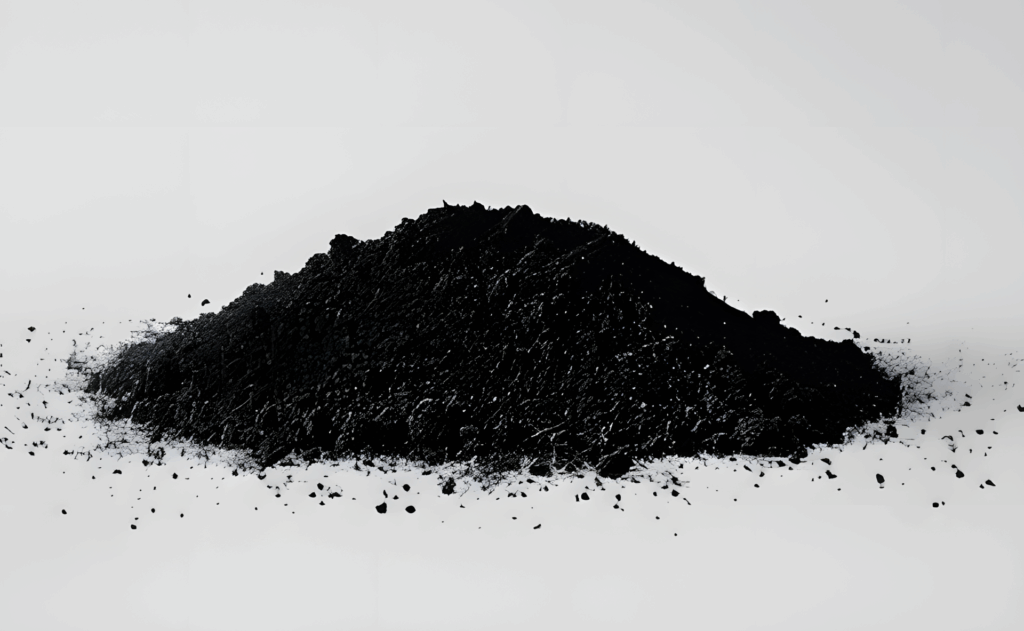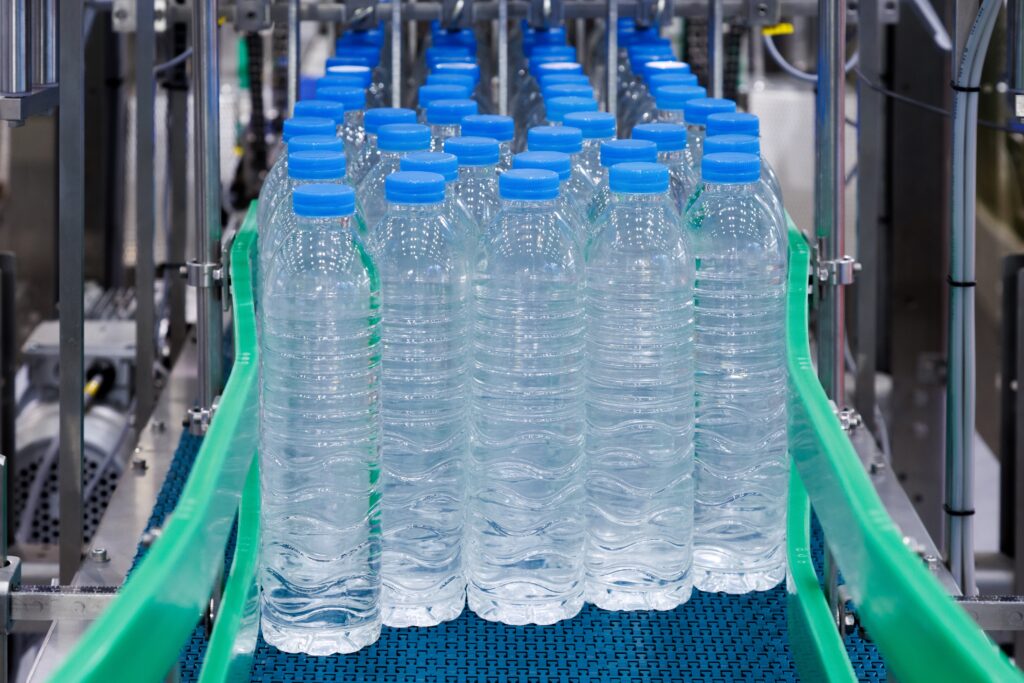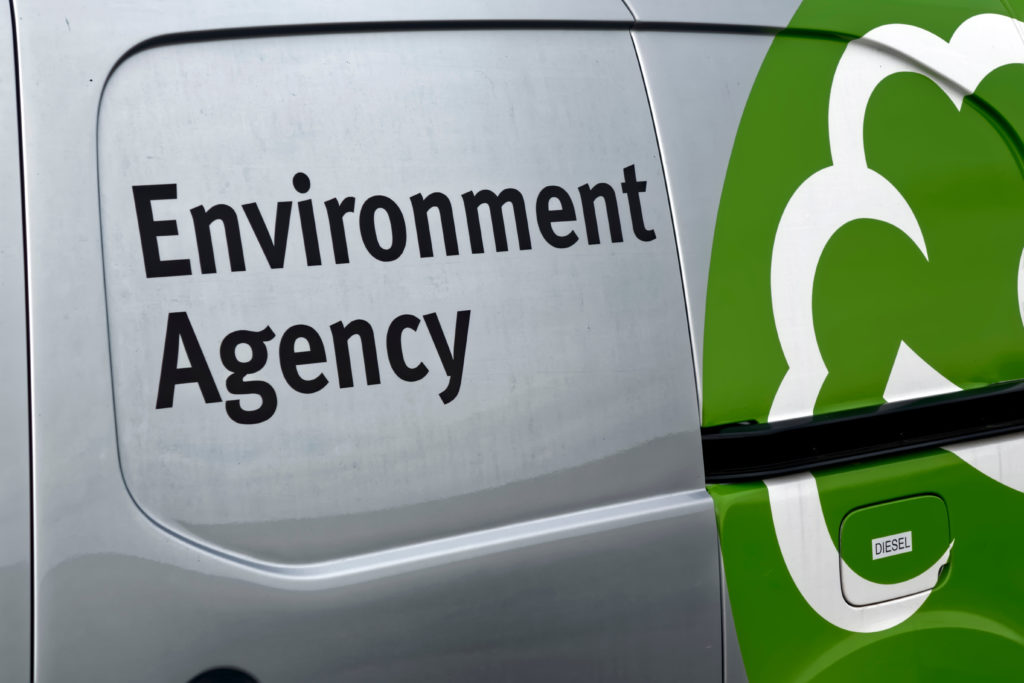The UK plastic sector's dependence on the export of material to a small number of overseas markets leaves it vulnerable to sudden changes in demand and efforts should be made to help increase the number of outlets it is sent to, WRAP has claimed.
And, within the report, the Waste & Resources Action Programme (WRAP) states that the UK is currently “heavily dependent” on a “few export markets”, with China identified as one of the key destinations for material collected in the UK.
Breaking down the collection and recycling rates for 2009, WRAP states that 950,000 tonnes of plastic material was collected in the UK, with over 700,000 tonnes of this being sent overseas to be reprocessed. This was an increase on the 548,000 tonnes sent to export in 2007.
WRAP claims that the use of “concentrated end markets” currently leaves UK plastic recyclers and reprocessors vulnerable to price changes and uncertainty. It states that there should be efforts to “continue to develop a portfolio of end markets for UK material” – which includes support for domestic capacity.
Marcus Gover, director of market development at WRAP, said: “There has been extensive investment in UK plastics reprocessing capacity however the UK still exports a large proportion of the plastics it collects for recycling. Given the strong UK demand for high quality recycled plastics, this represents a great opportunity for UK manufacturers to exploit this green niche.”
Mixed
Elsewhere in the document, WRAP identifies mixed plastic recycling as an area of potential growth for the UK plastic recycling sector. In 2009, 5% of mixed packaging plastic was recycled, with 20% (87) of UK local authorities currently offering kerbside collection of the material.
WRAP states that there is potential to develop mixed plastic reprocessing further but stresses that it must not be done at the detriment of the quality of other plastic material. It is claimed in the document that rigid plastics collected commingled with other plastics would be the cheapest way for local authorities to achieve this.
The organisation pointed to its work in this area, which has seen it launch a £2 million loan fund to help develop mixed plastic capacity earlier this year (see letsrecycle.com story). And, the award of £1.178 million to Greenstar WES to develop a 20,000 tonnes-a-year capacity mixed plastic reprocessing facility at its Redcar plant (see letsrecycle.com story).
And, while it states there are moves to increase mixed plastic recycling, the lack of an agreed definition of the material has presented itself as a barrier to further development.
WRAP itself uses the following definition when referring to mixed plastics: “Mixed plastic is a term that covers all non-bottle plastic packaging sourced from the household waste stream, including rigid and flexible plastic items of various polymer types and colours that are typically found in the household waste bin. It excludes plastic bottles and non-packaging items.”
Food
Another area of future focus identified by WRAP is food-grade plastic material, which currently has a situation where demand outstrips supply in the domestic market.
The report states that demand for food-grade recycled plastics has increased in recent years as retailers and brand owners seek to increase the recycled content of their products. For example, a number of brands active in the UK have introduced high recycled PET (rPET) content and/or are looking to increase the rPET content into their packaging.
The document claims that there is “strong and increasing demand” for food-grade recovered polymers, which represents “an opportunity for UK manufacturers of recovered polymers”. However, WRAP claims that anecdotal evidence suggests that the capital expenditure and risk – particularly security of feedstock – is discouraging some processors from entering the market.
Data
In total, WRAP states that there was 590,000 tonnes of plastic packaging collected for recycling in 2009 from all sectors, which was 14% higher than the amount collected in 2008 and 23% higher than the figure for 2007.
Looking at local authorities alone, the Market Report states that there was 320,000 tonnes of plastic waste – with the majority being plastic bottles – collected from the municipal waste stream in 2009, which was three times higher than the amount collected in 2005. And, it states that 81% (350) of local authorities in the UK collected plastic bottles in 2008/09.









Subscribe for free